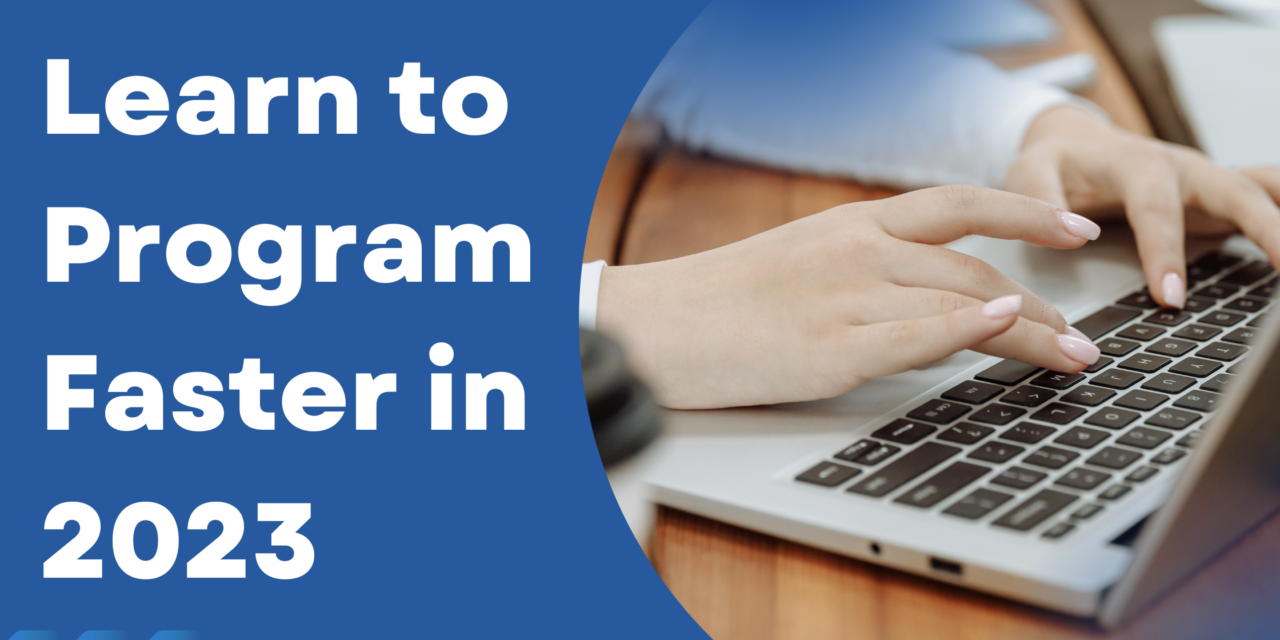7 tips and tricks to help you learn to program faster:
Table of Contents
1) Start with the Basics:
Before diving into complex programming concepts, make sure you have a solid understanding of the basics. Learn the syntax, data types, variables, and basic control flow structures of the programming language you’re studying. Having a strong foundation will make it easier to grasp more advanced concepts later on.
2) Practice, Practice, Practice:
Programming is a skill that requires practice. Write code regularly to reinforce what you’ve learned. Start with small, simple projects and gradually work your way up to more complex ones. Practice is crucial for improving your programming skills and gaining confidence in your abilities.
3) Break Down Problems:
When faced with a programming problem, break it down into smaller, manageable steps. This will make it easier to solve the problem systematically. Start by understanding the requirements, designing a solution, and then implementing it step by step. Breaking down problems into smaller parts can help you avoid feeling overwhelmed and make the learning process more manageable.
4) Learn from Others:
Don’t be afraid to seek help or learn from others. Join online communities, participate in forums, and collaborate with fellow learners. You can learn a lot from experienced programmers and their insights. Don’t hesitate to ask questions and seek clarification when needed.
5) Read and Analyze Code:
Reading and analyzing existing code can be a great way to learn to program. Study open-source projects, read code written by experienced programmers, and analyze how they solve problems. This can help you understand different coding styles, best practices, and common coding patterns.
6) Debugging Skills:
Debugging is an essential skill in programming. Learn how to identify and fix errors in your code. Use debugging tools and techniques to understand how code flows and identify issues. Debugging can be challenging, but it’s a valuable skill that will make you a better programmer.
7) Stay Persistent and Stay Motivated:
Learning programming can be challenging at times, and you may encounter setbacks. Stay persistent, be patient with yourself, and keep going. Set achievable goals, celebrate your progress, and stay motivated. Surround yourself with a supportive community that encourages and motivates you to keep learning.
Conclusion:
Remember, learning programming takes time and effort. Be patient with yourself, keep practicing, and stay determined. With consistent effort and the right mindset, you can learn programming faster and become a proficient programmer. Good luck!






Recent Comments